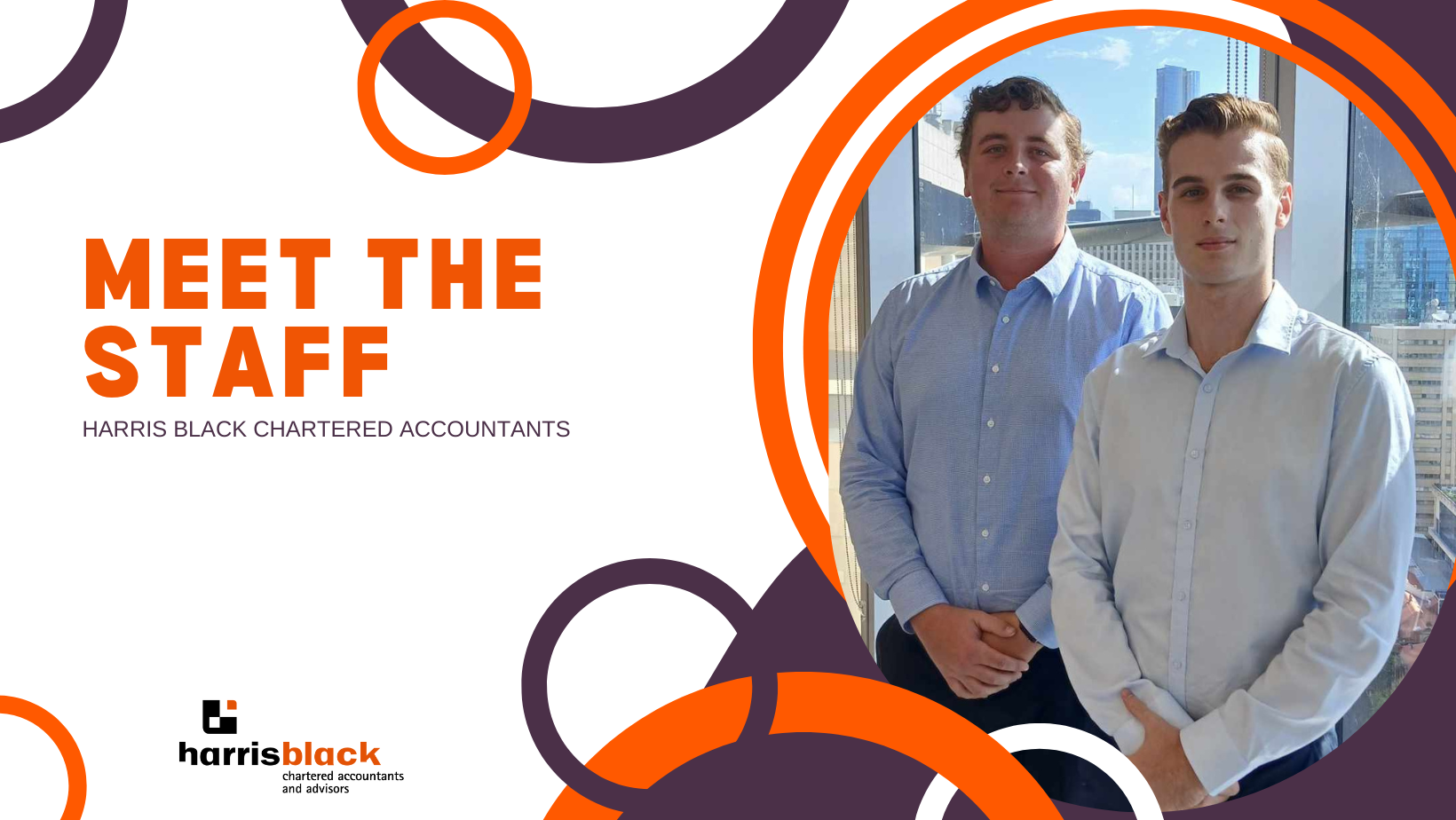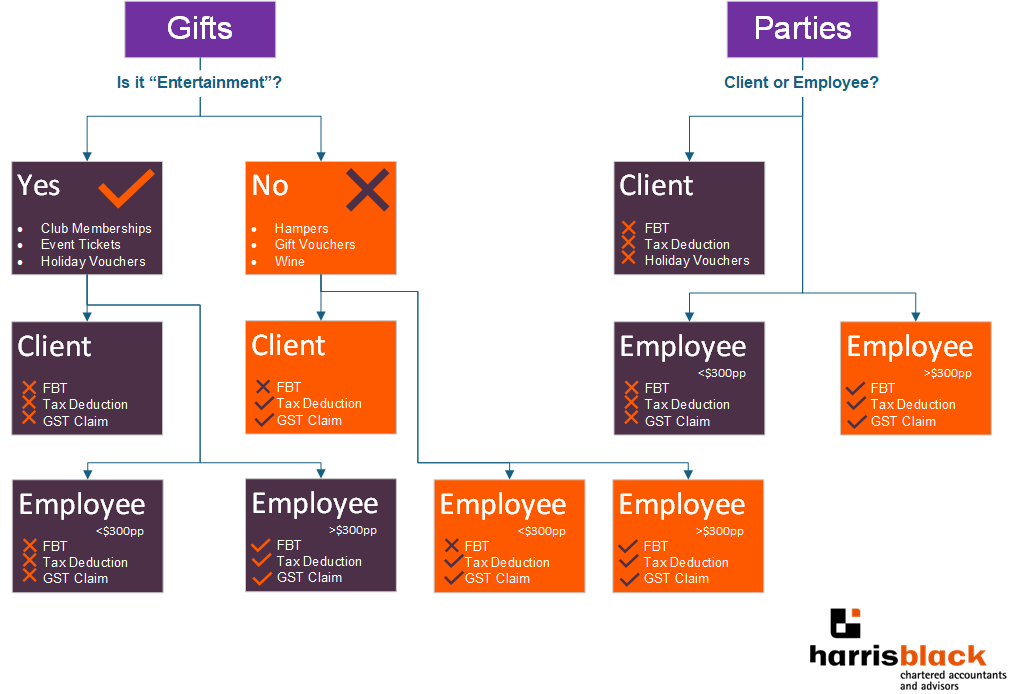We’re pleased to welcome Remi Dhooghe and Preston Kelly to Harris Black as part of our three-week undergraduate program!
Remi is a passionate cricket and golf enthusiast who could happily eat nachos forever. His dream dinner guests include Ricky Ponting, Hamish Blake, Andy Lee, and Mitchell Johnson, and he enjoys an ice-cold full-sugar Coke. The most relaxing place he has visited is Interlaken, Switzerland, and if he could have any superpower, it would be flying.
Preston is also a keen cricketer, with interests in social media and playing the piano. His go-to meal is roast lamb, and he’d love to dine with his parents, Adam Gilchrist, and Mitch Starc. A fan of seafood, he pairs it with an Asahi Super Dry. Looking ahead, he’s excited to celebrate his 21st birthday. If stranded on a deserted island, he’d take a Swiss army knife, a reverse osmosis water filter, and a Ferrari 812 Superfast. He wishes fedoras would make a comeback and dreams of having Sherlock Holmes’ deduction skills as a superpower.
We’re excited to have them on board and look forward to their contributions!







